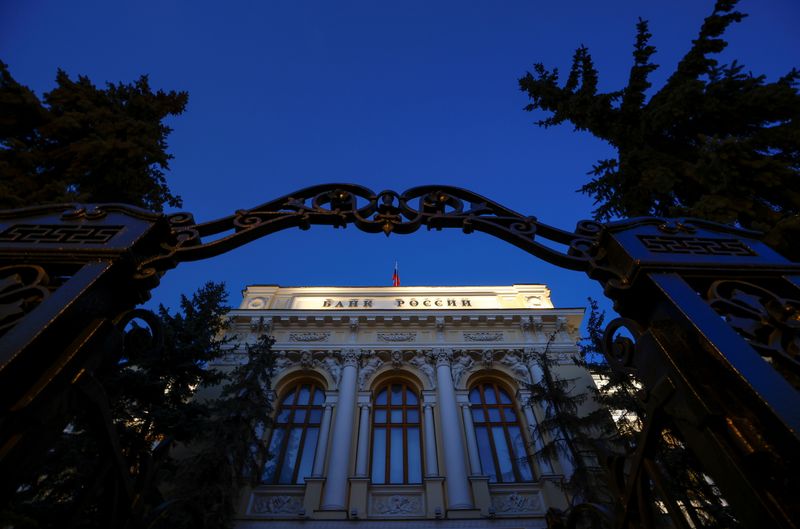LONDON (Reuters) - Central banks in developing economies ramping up interest rates will be supportive for emerging market debt and provide a buffer against policy tightening by the U.S. Federal Reserve, but could spell trouble for equities, BlackRock (NYSE:BLK) said on Monday.
"Central banks across the emerging world have been raising interest rates to try to contain inflation and prevent their currencies from depreciating sharply," said Wei Li, global chief investment strategist at the BlackRock Investment Institute at the world's largest asset manager.
Central banks in developing nations around the globe - from Brazil to Russia and South Korea have ramped up rates in recent months.
A weighted average of policy rates across emerging markets that are part of JPMorgan (NYSE:JPM)'s GBI-EM global diversified index now stands at 3.2% and is expected to rise to just under 5% in a year's time. This compares to near zero or negative rates in the United States and euro area, BlackRock calculated, adding this showed "much of the work is done" in emerging markets.
However, the proactive approach from emerging central banks was also pressuring growth already hurting from a delayed vaccine rollout, BlackRock said.
"This makes us cautious on EM equities, but has made selected EM debt more attractive in a world starved for yield."
Within emerging market fixed income, local-currency debt offered the best opportunities thanks to low duration and sensitivity to rising rates, BlackRock said.

"It gives exposure to regions that make up a small share of EM equity indexes, such as LatAm," it said.
"We prefer local-currency bonds of higher-yielding countries with solid current account balances," Wei Li said, adding the asset manager was also overweight Chinese government bonds for their high yields.